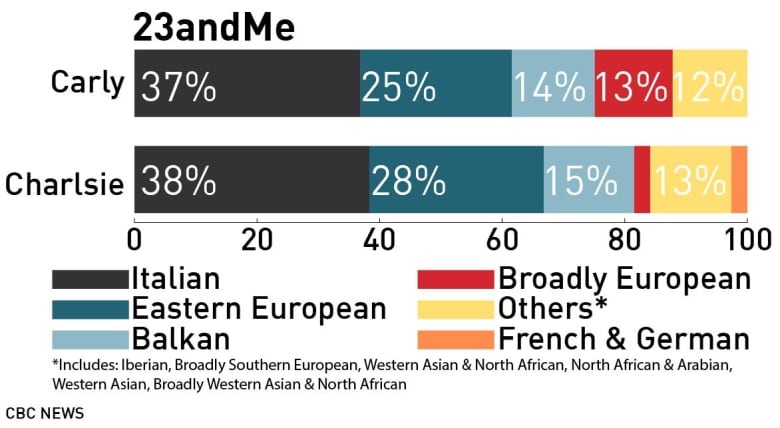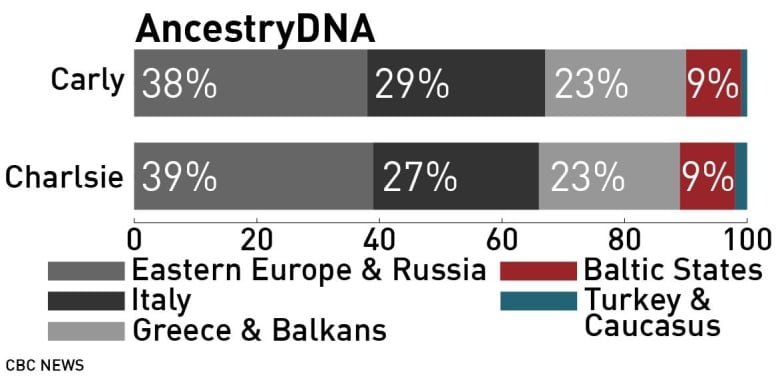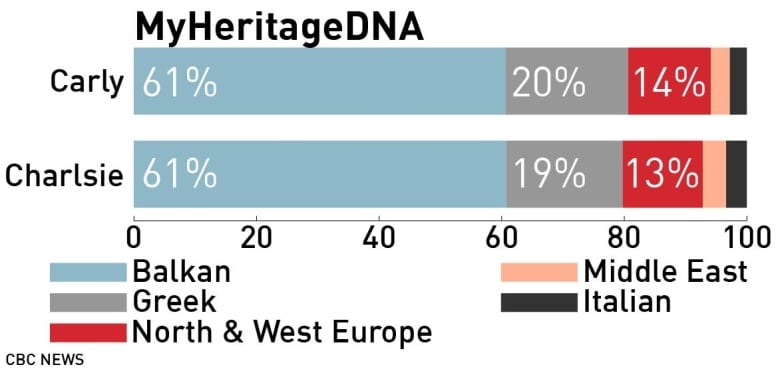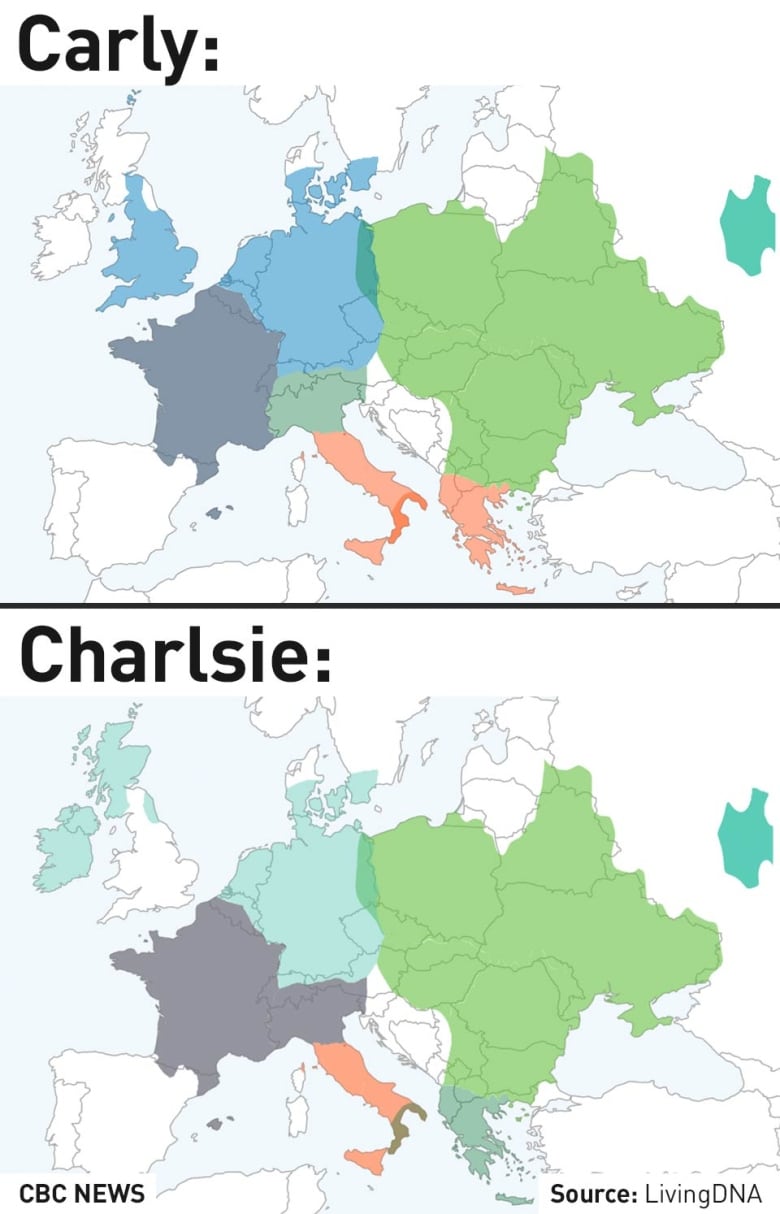Copyright activists just scored a major victory in the ongoing fight over the European Union’s new copyright rules. An upcoming summit to advance the EU’s copyright directive has been canceled, as member states objected to the incoming rules as too restrictive to online creators.
The EU’s forthcoming copyright rules had drawn attention from activists for two measures, designated as Article 11 and Article 13, that would give publishers rights over snippets of news content shared online (the so-called “link tax”) and increase platform liability for user content. Concerns about those two articles led to the intial proposal being voted down by the European parliament in July, but a version with new safeguards was approved the following September. Until recently, experts expected the resulting proposal to be approved by plenary vote in the coming months.
After today, the directive’s future is much less certain. Member states were gathered to approve a new version of the directive drafted by Romania — but eleven countries reportedly opposed the text, many of them citing familiar concerns over the two controversial articles. Crucially, Italy’s new populist government takes a far more skeptical view of the strict copyright proposals. Member states have until the end of February to approve a new version of the text, although it’s unclear what compromise might be reached.
Whatever rules the European Union adopts will have a profound impact on companies doing business online. In particular, Article 13 could greatly expand the legal risks of hosting user content, putting services like Facebook and YouTube in a difficult position. As Cory Doctorow described it to The Verge, “this is just ContentID on steroids, for everything.”
More broadly, Article 13 would expand platform’s liability for user-uploaded content. “If you’re a platform, then you are liable for the material which appears on your platform,” said professor Martin Kretschmer, who teaches intellectual property law at the University of Glasgow. “That’s the council position as of May, and that has huge problems.”
“Changing the copyright regime without really understanding where the problem is is foolish,” he continued.
Still, today’s vote suggests the ongoing activism against the proposals is having an effect. “Public attention to the copyright reform is having an effect,” wrote Pirate Party representative Julia Reda in a blog post. “Keeping up the pressure in the coming weeks will be more important than ever to make sure that the most dangerous elements of the new copyright proposal will be rejected.”
Source: Europe’s controversial ‘link tax’ sent back after member states rebel – The Verge
Incredible to see common sense seemingly prevailing over the interests of big money makers




